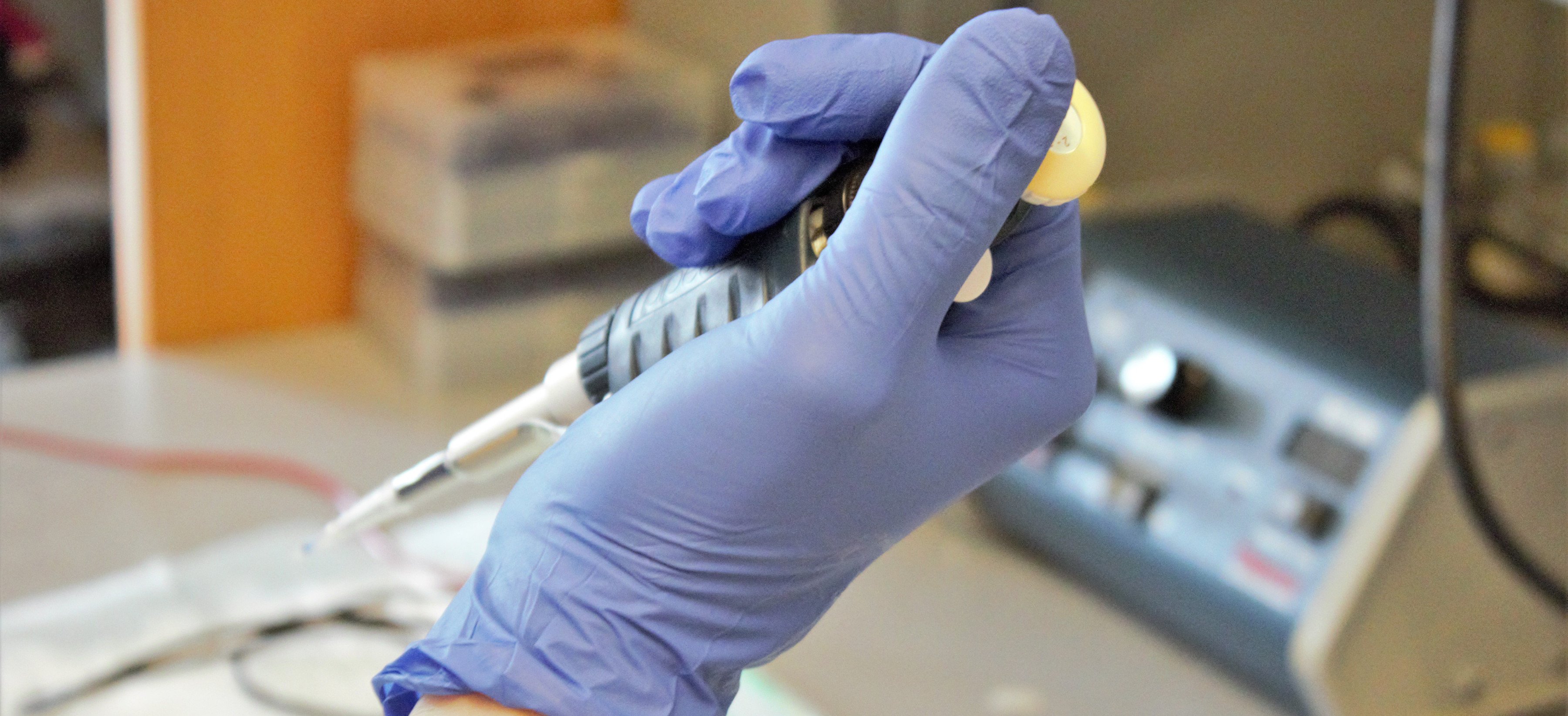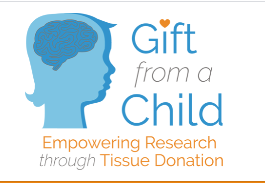Donate Tissue to Power Childhood Cancer Research
Families facing a childhood cancer diagnosis can be an integral part of childhood cancer research by donating viable cells to The Childhood Cancer Repository.

Donate Tissue to Power Childhood Cancer Research
Families facing a childhood cancer diagnosis can be an integral part of childhood cancer research by donating viable cells to The Childhood Cancer Repository.
The Problem
Childhood cancer is the leading cause of death by disease in children in the United States. However, pediatric cancer researchers are faced with a lack of pediatric tumor tissue samples and models for which to test potential treatment therapies. In the USA over 1/2 million people are diagnosed with cancer each year; but only 15,000 of those cases are in children. The pool of potential tumors to model is small and obtaining viable tumor cells can be difficult.
It is essential we cultivate and grow this large pool of patient samples for future studies so that research continues to advance and we find better treatment and cures for children with cancer.
"We donated some of Lilly’s tumor to research. She was in the O.R. already for resection after a growth. Her surgeons were able to donate extra tumor tissue to research instead of simply throwing it away. We did this in hopes that we could be a small part of helping other children like our daughter who are also waiting for cures for neuroblastoma.” - Nicole Ibbotson, Hero Mom
The Opportunity
By volunteering to donate tissue samples at any time during diagnosis and treatment, families in the midst of a childhood cancer diagnosis can push research forward. Tissue samples—which include tumor cells, bone marrow and blood—are taken at the time of biopsy, surgery or routine testing. No additional procedures are required.
Then, your physician will send the tissues to The Childhood Cancer Repository in Lubbock, Texas. The Childhood Cancer Repository, which is funded by ALSF, stores tissue samples and uses them to create cell lines—a renewable resource for researchers. The cell lines and xenografts can be used as a model to understand cancers and to test new treatments. Researchers all over the world can request cell lines and models to use in their research.
Since 2008, The Childhood Cancer Repository has sent 2015 samples to 451 laboratories in 26 countries.
The Future: Pediatric Cancer Cures
The models derived from donated samples have incredible potential. They are built from cells from a child facing cancer, making the models an ideal testing ground for potential drugs and other treatment therapies.
Models stored at The Childhood Cancer Repository are also available (for just the cost of shipping) to vetted childhood cancer researchers all around the world. Visit cccells.org.
Get Involved, Donate Today!
If you are interested in donating cells to The Childhood Cancer Repository, the first step is to talk with your physician and let them know you want to contribute to The Childhood Cancer Repository. You can provide your physician with this information sheet at your next clinic appointment. All samples need to be collected through a protocol with your consent. You can direct your physician to the Childhood Cancer Cell Repository website.
With your help and donation, we are making a difference in the world of childhood cancer. We are ensuring that children diagnosed in the future have more accurate, less toxic treatments. On behalf of those families you are helping, we are sincerely grateful, without your help we would not be able to provide this priceless resource.
Are you interested in learning more about the Childhood Cancer Cell Repository?
|
When a child’s life ends too soon, donating tissue is a way for the child and family to take a final stand against cancer. Tissue donation is a contribution that improves outcomes for children with brain cancer that only families can make. |
FAQs
What is The Childhood Cancer Repository?
The Childhood Cancer Repository is a laboratory that collects tissue samples from all types of childhood cancer and grows cancer cells from those samples as to create specialized models of childhood cancers. The goal of the repository is to provide the cell lines and models for free to vetted investigators seeking to carry out biological and pre-clinical therapeutic studies of childhood cancer.
What are pediatric cancer models?
Scientists use living tissue samples to grow tumors in the laboratory. These lab-grown cancers model what a tumor would look like and how they would behave in a person. Scientists use these models to learn about specific tumors and to test potential drugs that could kill cancer cells. Using a model to test drugs can help researchers narrow down which drug could be the safest and most effective treatment for patient use. You can learn more about cell lines and models, here.
What makes The Childhood Cancer Repository different?
The Childhood Cancer Repository is the cell line and xenograft storage and cultivation center for childhood cancer that supports the Children’s Oncology Group and that accepts all types of tissue samples from any stage of treatment. Tissue samples are used to create continuous cell lines—providing the purest renewable resource for researchers all around the world.
Is my child’s information safe?
Yes. The names of all donors is kept strictly confidential. In fact, The Childhood Cancer Repository is only given relevant clinical information with the cell line and not personal identifiers.
What samples would be viable?
The Childhood Cancer Repository accepts all cancer tissue samples which include tumor, blood and bone marrow which is taken during biopsies, routine blood draws or other scheduled clinical tests that are sent immediately (fresh, not frozen) to the repository.
When during treatment is an appropriate time to collect samples?
Samples can be obtained at any time during the diagnosis, treatment and even in the situation when a patient has passed away. All samples are valuable and allow the creation of models that show how cancer disease looks before, during and after treatment. A child may donate samples multiple times throughout their treatment, the more samples we get from an individual child the more information researchers will have about how a cancer changes over time.
How do I get the samples to The Childhood Cancer Repository?
You doctor will prepare and send all samples to the Repository. Protocols for obtaining and submitting samples can be found on cccells.org/protocols. Samples can be collected through COG and non-COG protocols. Physicians can also contact Pat Reynolds MD/PhD, Director of The Childhood Cancer Repository, directly at Patrick.Reynolds@ttuhsc.edu
Is there a cost to participate?
No. Your doctor will obtain samples during routine cancer treatment and testing. Your hospital will handle any and all costs in the processing and shipment of samples to The Childhood Cancer Repository.
I have more questions, who can I contact?
We are happy to answer any specific questions you have. Please email FamilyServices@AlexsLemonade.org.

